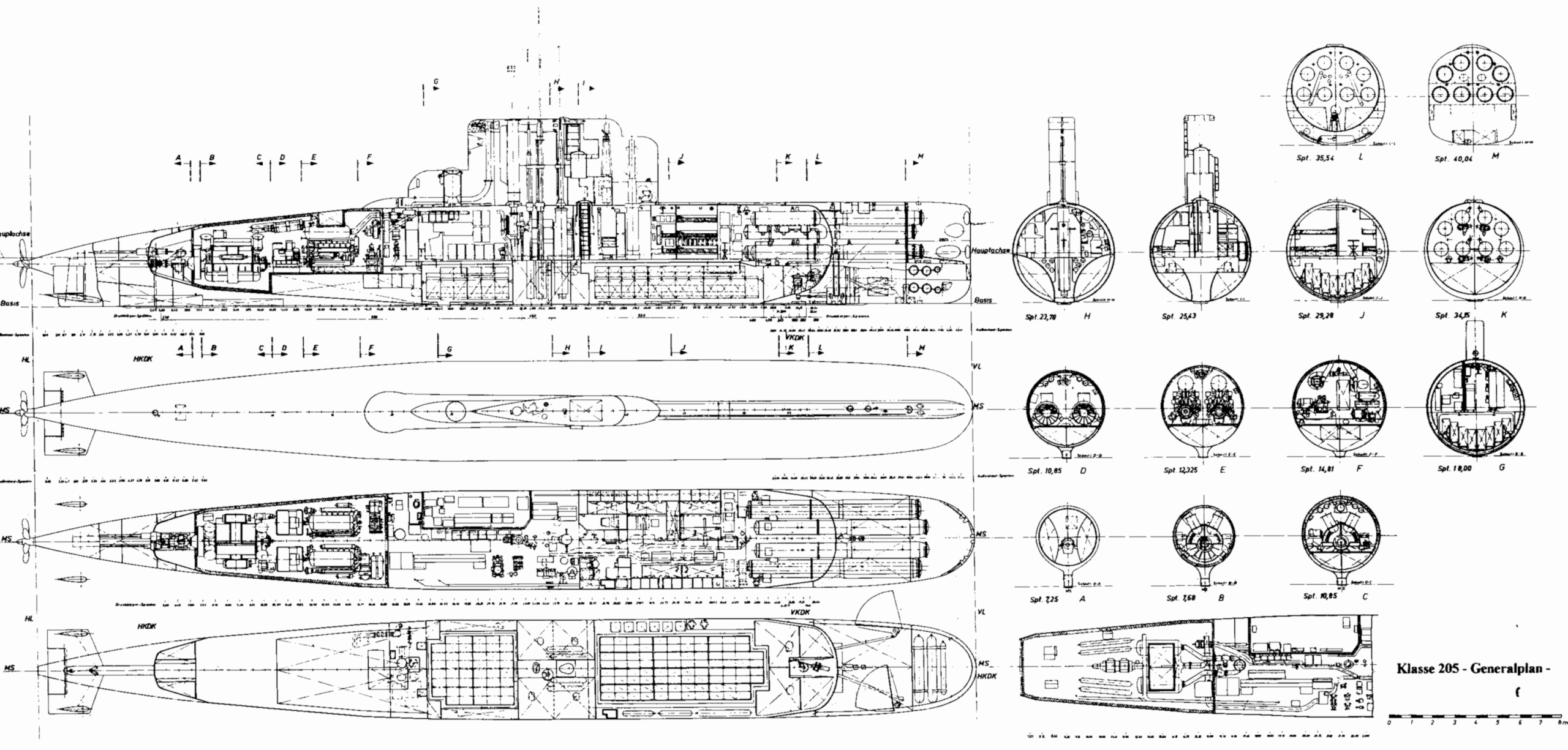Guest Author
This account is reserved for our Guest Authors and Collaborators.
MORE ABOUT THIS AUTHOR
This is a guest article by Nils Theinert, based on his presentation with the Driburger Kreis on the larger topic of “Ersatz” (Substitute) in September 2021.
Until the advent of the modern submarine, the deep sea had been inaccessible for mankind. Today, military and research submarines as well as remotely operated systems enable humans to access this hostile environment. By extending and replacing human senses with technical aids such as observation windows, cameras, sonar or manipulator arms, humans perceive the ocean via technical mediation. Inside the artificial environment of the pressure hull, boundaries between human and machine begin to blur. Submarines can be described as complex human-machine systems in which the replacement of one system component changes the performance of the entire system and the way the ocean is encountered by humans. Replacement, therefore, is a major theme in the history of underwater technology.
Traditionally, the history of submarines (especially German types) and their underlying technologies has been told as one of constant improvement and technical innovation. Failures or power struggles between different players such as engineers, politicians, physiologists and technology users have largely been ignored. Yet the history of underwater technology is incomplete without looking at changing attitudes towards human-machine interaction and power relationships that influenced the design of this technology. As Latour (2017) has argued, the intricate relationship between human and machine components in a technical system is best studied by looking at the design process of new technologies as well as failures and accidents. By examining the development of German submarines and the use of research and work submersibles in the second half of the 20th century, I aim to show that the history of the submarine is not just a technological one; it is also a cultural and political history of changing attitudes towards human presence in the oceans.
Nils Theinert, Ph.D. Candidate, German Maritime Museum/Leibniz Institute for Maritime History